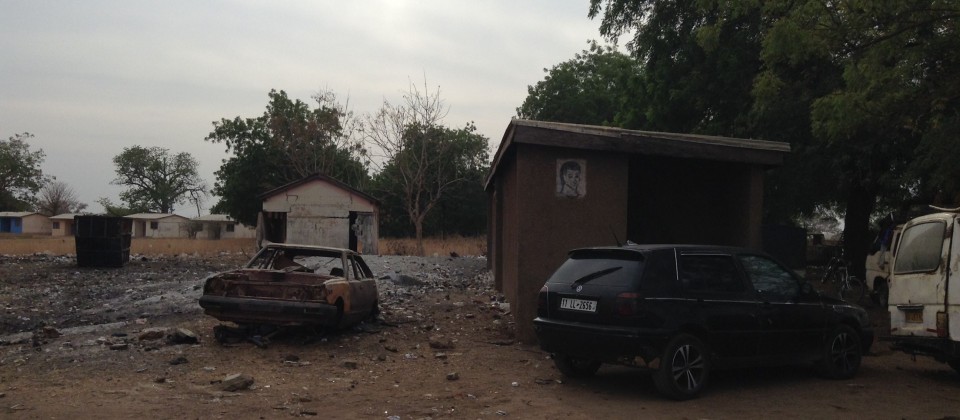Isaac Rivera, University of Colorado, Department of Geography and Environmental Science
The need to transition towards renewable energy and sustainable development technologies is gaining traction, and media attention, particularly under the international front regarding the new UN Sustainable Development Goals (SDGs). For the global South, these sustainable development goals will play a central role in the efforts to minimize pollution, eradicate poverty, ensure healthy lives, and achieve gender equality. Within these goals, I examine the discourse surrounding clean cookstoves as a means to situate its strategies within broader political economy. The prescription to global climate change by the UN, under the context of adopting clean cookstoves, is presented as the “answer” to global climate change – it is one which is woven under an ethical discourse. I examine the location and projection of discourse production pertaining to the clean cookstove market initiative by the global alliance for clean cookstoves (GACC), and position a biopolitical framework to examine its components in what I term, the sustainable development apparatus. Additionally, I argue, that the discursively ethical language towards a technocratic answer to climate change and gender inequality, is not only misleading when accounting for the heterogeneity of particular geographies in the global South, and archaeologies of sustainable development, but also, one which through the guise of ethics, inadvertently produces a continual maintenance of inequalities across class and gender. Finally, I examine late-liberalism’s moral techniques within neoliberal globalization as a tool for deflecting responsibility to women in the global South, and present a case for geographers, anthropologists, and others to engage in a development ethnography of improved cookstoves to examine its implications at multiple scales of inquiry in this age of sustainable development.


Leave a Reply